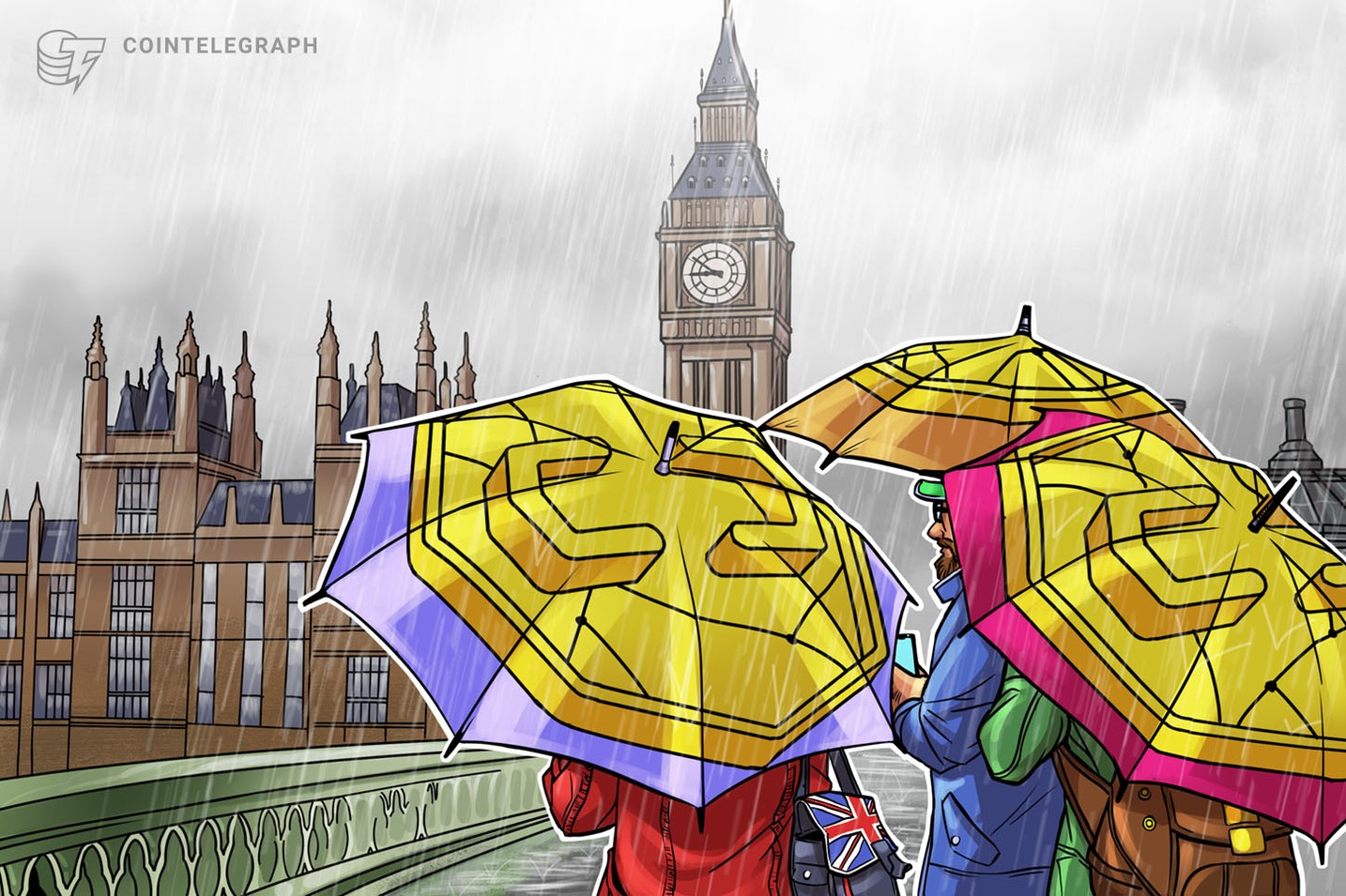The Labour Party will be the primary ruling party of the United Kingdom’s government after a landslide victory on July 4. Though party leadership has rarely made crypto and blockchain part of its official position, advocates have called for the new government to continue the work it started under the Conservatives.
As of July 5, U.K. election results showed that Labour won 412 seats in the 650-seat House of Commons while the Conservatives would likely win 122 seats — a drop of roughly 250, pushing them out of leadership. Now former Prime Minister and Conservative Party leader Rishi Sunak has already resigned as Labour leader Keir Starmer prepares to become the next head of government.

What’s next for crypto?
Before the announcement of the general election, the U.K. government expected to introduce a regulatory framework for cryptocurrencies and payment stablecoins in July. Many experts have suggested that such plans could be delayed by months, with the House of Commons in recess following the announcement and another scheduled for summer before party conference season begins in autumn.
“Obviously the U.K. political landscape has shifted, but for crypto we think it will be largely business as usual,” said Bivu Das, the U.K. managing director for cryptocurrency exchange Kraken. “The incoming government has an opportunity to keep driving innovation and growth in this emerging asset class and reinforcing the U.K.’s position as a leading jurisdiction for blockchain-based innovation.”
Keld van Schreven, co-founder and managing director of digital asset investment firm KR1, added that the change in U.K. leadership comes at a “pivotal time” for the crypto industry:
“Great progress has been made on outlining a regulatory framework, but more work needs to be done to make the U.K. a global crypto hub [...]”
Starmer’s new cabinet
Soon-to-be Prime Minister Starmer has already named several Members of Parliament to his government, including Rachel Reeves as Chancellor of the Exchequer — a key appointment for financial and economic matters in the United Kingdom. At the time of publication, Starmer had not announced his pick for Economic Secretary to the Treasury, another position that could affect how the new government handles digital assets.
A spokesperson for the self-regulatory trade association CryptoUK said it had established “strong relationships” with members of the Labour Party. They called on the new government “to prioritize clarity and proactive policy-making” for the crypto industry, as the sector lacked a comprehensive strategy.
